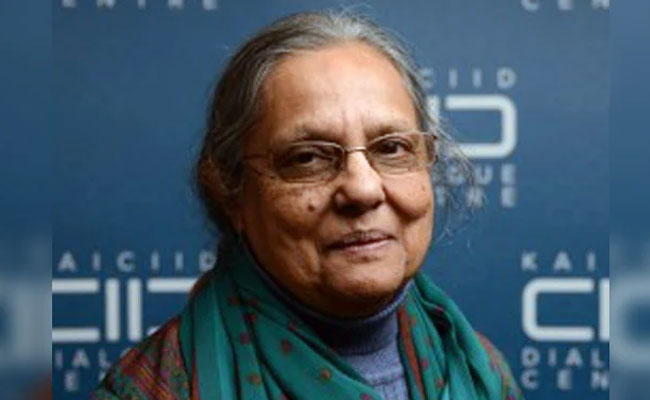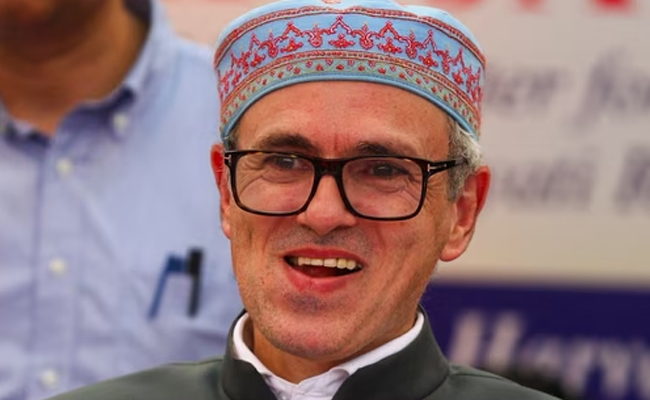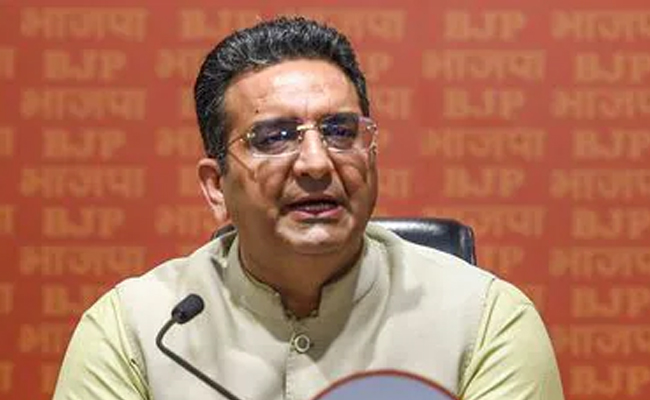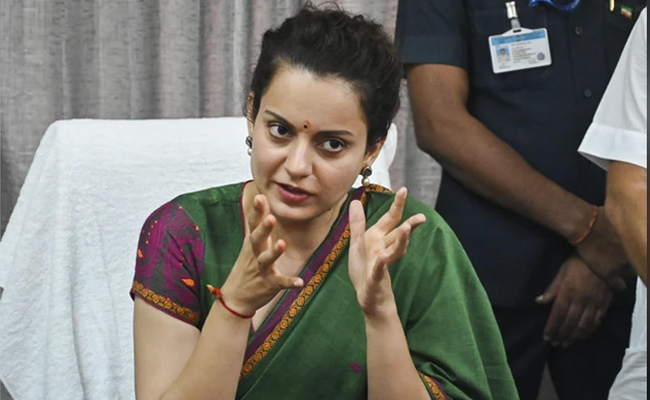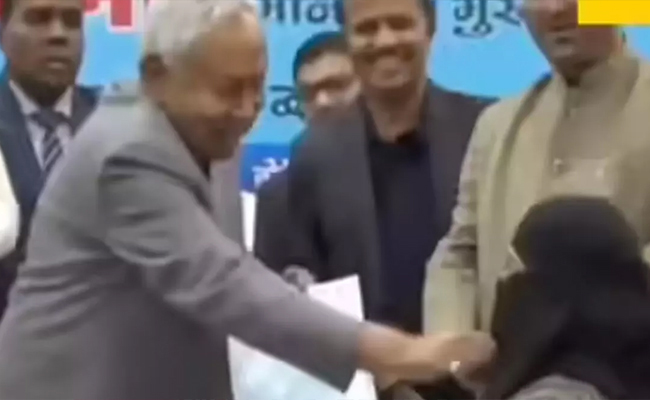Johannesburg (PTI): Hatred, animosity and violence are not part of any religious teachings and those who promote them in the name of religion are misinterpreting their faiths for mischievous reasons and should be shunned, Ela Gandhi, South African peace activist and Mahatma Gandhi's granddaughter, has said.
Her remarks came as she responded to social media posts which claimed that the Gandhi Development and Phoenix Settlement Trust deliberately left out Hindu prayers at an interfaith meeting hosted at the Phoenix Settlement, which her grandfather started during his tenure in Durban.
“All our faiths and our scriptures are there to guide us to be good, compassionate and loving people. Hatred, animosity and violence are not part of our essential religious teachings. Those who promote the acts in the name of religion are misinterpreting their faiths for mischievous reasons and should be shunned,” Ela said.
Ela, who is the chairperson of the Gandhi Development and Phoenix Settlement Trust, said such moves were “an attempt to create division between the Hindu and Muslim communities and alienate Gandhiji and me from the Hindu community”.
It is important to state the facts publicly so that the mischief that is being attempted can be stemmed right now, Ela said in an open letter in the weekly Post.
“To clarify, I personally invited many Hindus individually and a number of Hindu faith leaders collectively, to recite a Hindu prayer at this function,” said Ela, citing invitations to four Hindu organisations which she said could not attend because of other commitments.
“The absence of some or other faith has happened at our interfaith prayer services in the past, never deliberately, but because of circumstances that have prevented a particular faith community from attending the particular function.
“Importantly, to this day, in the 120 years of the existence of Phoenix Settlement, no one has ever accused us of deliberately leaving out a sect or engaging in “mass indoctrination”, as is alleged by the posting, she said.
Let the Truth be known. If you read VB and like VB, please be a VB Supporter and Help us deliver the Truth to one and all.
Srinagar (PTI): Jammu and Kashmir Chief Minister Omar Abdullah on Wednesday criticised his Bihar counterpart over the niqab incident and said that Nitish Kumar might be slowly revealing his true nature.
"Nitish Kumar, who was once considered a secular leader, may be slowly showing his true colours," Abdullah told reporters here on the sidelines of a function.
Abdullah said Kumar removing the face veil of a Muslim woman doctor was wrong and cannot be justified by any means.
"We have seen this kind of incident here several years ago. Have you forgotten how Mehbooba Mufti removed the burqa of a legitimate voter inside a polling station? That act was wrong, and this act (of Kumar) is also wrong.
"If the (Bihar) chief minister did not want to hand over the order to her (Muslim woman), they could have kept her aside. However, to humiliate her like this is totally wrong," the Jammu and Kashmir chief minister said.
Kumar stirred a huge controversy after he removed the face veil of a Muslim woman at a function earlier this week.

